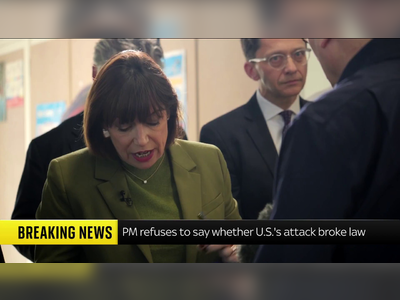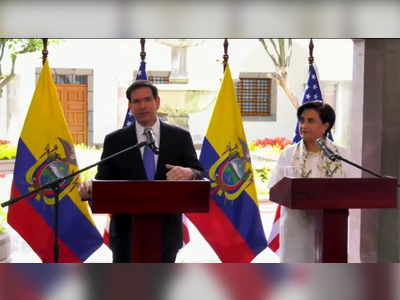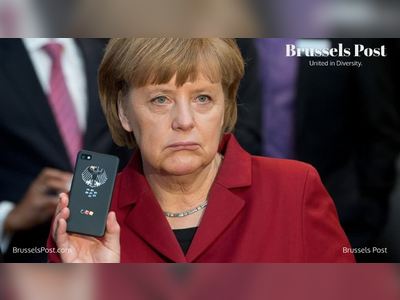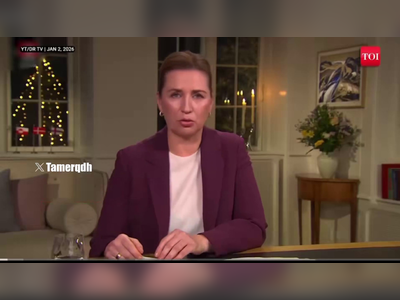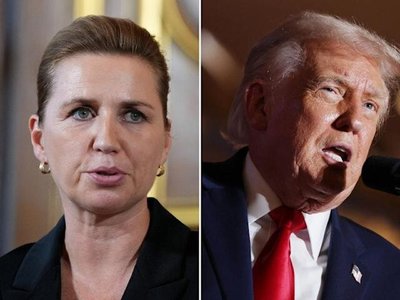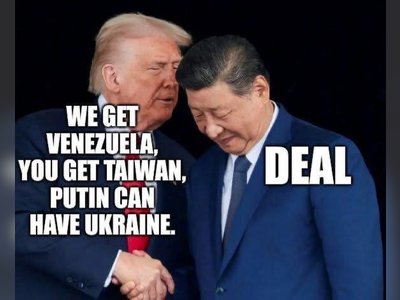Geopolitical Challenges Undermine Europe's Pharmaceutical Independence
India and China dominate the production of active ingredients for generics in Europe, raising concerns over supply chain vulnerabilities.
Europe's pursuit of increased autonomy in its pharmaceutical sector faces significant challenges due to geopolitical tensions.
Currently, India and China are responsible for producing up to 80% of the active pharmaceutical ingredients (APIs) utilized in generic medications within the European market.
This reliance presents a potential risk, particularly in scenarios involving trade disputes or diplomatic conflicts that could disrupt supply chains.
The European Commission has emphasized the necessity of diversifying sources of pharmaceutical ingredients to enhance security and resilience against shortages.
The COVID-19 pandemic highlighted vulnerabilities within the global healthcare supply chain, prompting discussions among EU leaders about boosting local production capabilities.
In response to these challenges, the EU has initiated various policies aimed at establishing a robust and sustainable pharmaceutical ecosystem.
This includes incentivizing research and development within member states and strategically investing in local manufacturing capacities for pharmaceuticals.
Despite these efforts, the complexity of international relations complicates Europe's ability to fully achieve pharmaceutical independence.
Regulatory harmonization, logistical considerations, and economic factors play critical roles in any shifts towards autonomy.
Moreover, there is an ongoing dialogue about how to effectively collaborate with international partners while ensuring that Europe can safeguard its healthcare priorities.
The pharmaceutical industry is closely monitoring these developments.
The uncertainty surrounding the specific medications that might be prioritized by the EU Commission for localization has sparked concern among manufacturers and healthcare stakeholders.
Transparency around these decisions is vital for addressing potential gaps in medicine availability and ensuring that patient needs are met.
As Europe navigates the terrain of pharmaceutical independence, the global reliance on a few major economies for essential medical supplies continues to be a focal point of debate among policymakers, industry leaders, and public health advocates.
Currently, India and China are responsible for producing up to 80% of the active pharmaceutical ingredients (APIs) utilized in generic medications within the European market.
This reliance presents a potential risk, particularly in scenarios involving trade disputes or diplomatic conflicts that could disrupt supply chains.
The European Commission has emphasized the necessity of diversifying sources of pharmaceutical ingredients to enhance security and resilience against shortages.
The COVID-19 pandemic highlighted vulnerabilities within the global healthcare supply chain, prompting discussions among EU leaders about boosting local production capabilities.
In response to these challenges, the EU has initiated various policies aimed at establishing a robust and sustainable pharmaceutical ecosystem.
This includes incentivizing research and development within member states and strategically investing in local manufacturing capacities for pharmaceuticals.
Despite these efforts, the complexity of international relations complicates Europe's ability to fully achieve pharmaceutical independence.
Regulatory harmonization, logistical considerations, and economic factors play critical roles in any shifts towards autonomy.
Moreover, there is an ongoing dialogue about how to effectively collaborate with international partners while ensuring that Europe can safeguard its healthcare priorities.
The pharmaceutical industry is closely monitoring these developments.
The uncertainty surrounding the specific medications that might be prioritized by the EU Commission for localization has sparked concern among manufacturers and healthcare stakeholders.
Transparency around these decisions is vital for addressing potential gaps in medicine availability and ensuring that patient needs are met.
As Europe navigates the terrain of pharmaceutical independence, the global reliance on a few major economies for essential medical supplies continues to be a focal point of debate among policymakers, industry leaders, and public health advocates.
AI Disclaimer: An advanced artificial intelligence (AI) system generated the content of this page on its own. This innovative technology conducts extensive research from a variety of reliable sources, performs rigorous fact-checking and verification, cleans up and balances biased or manipulated content, and presents a minimal factual summary that is just enough yet essential for you to function as an informed and educated citizen. Please keep in mind, however, that this system is an evolving technology, and as a result, the article may contain accidental inaccuracies or errors. We urge you to help us improve our site by reporting any inaccuracies you find using the "Contact Us" link at the bottom of this page. Your helpful feedback helps us improve our system and deliver more precise content. When you find an article of interest here, please look for the full and extensive coverage of this topic in traditional news sources, as they are written by professional journalists that we try to support, not replace. We appreciate your understanding and assistance.

